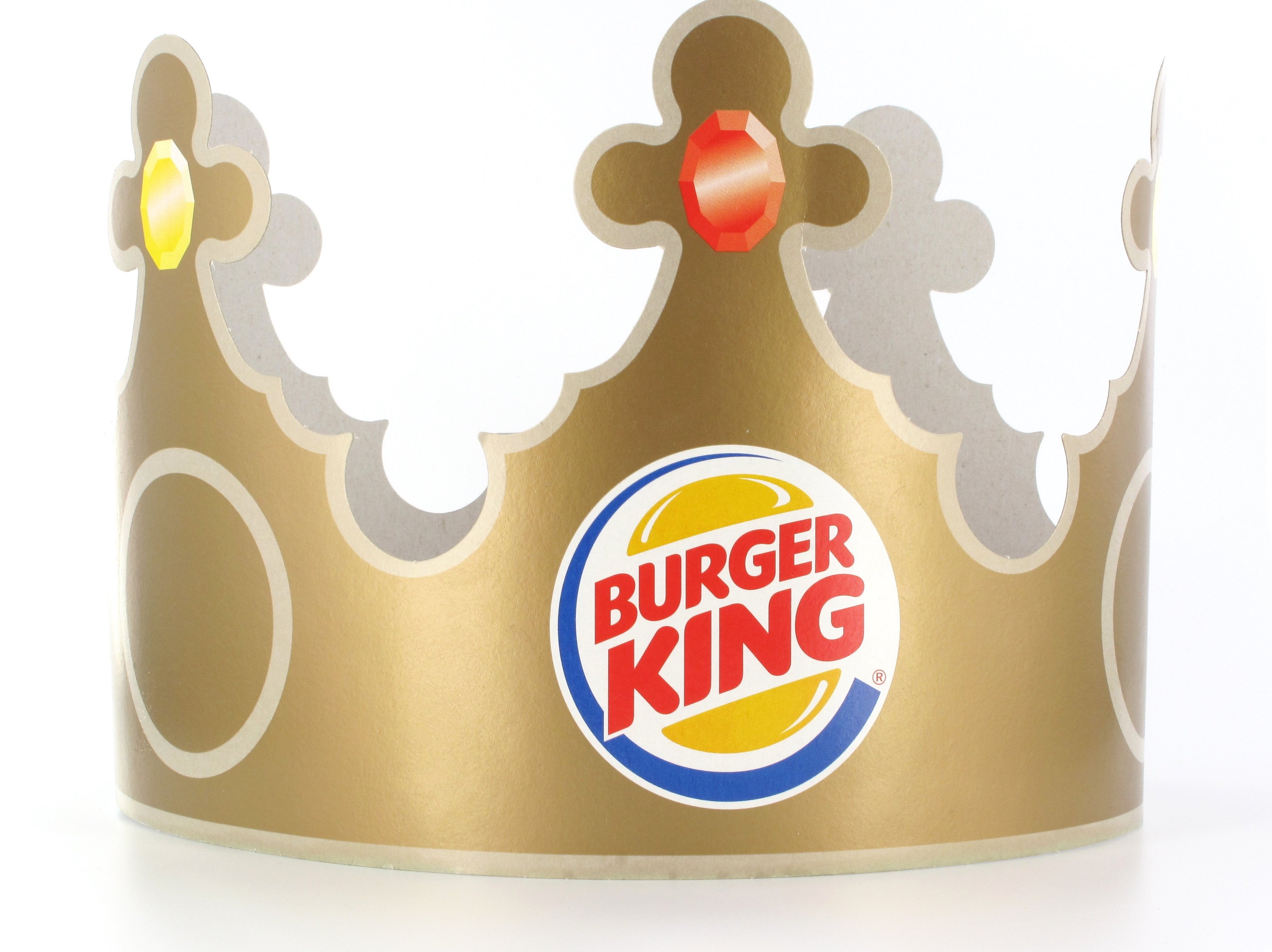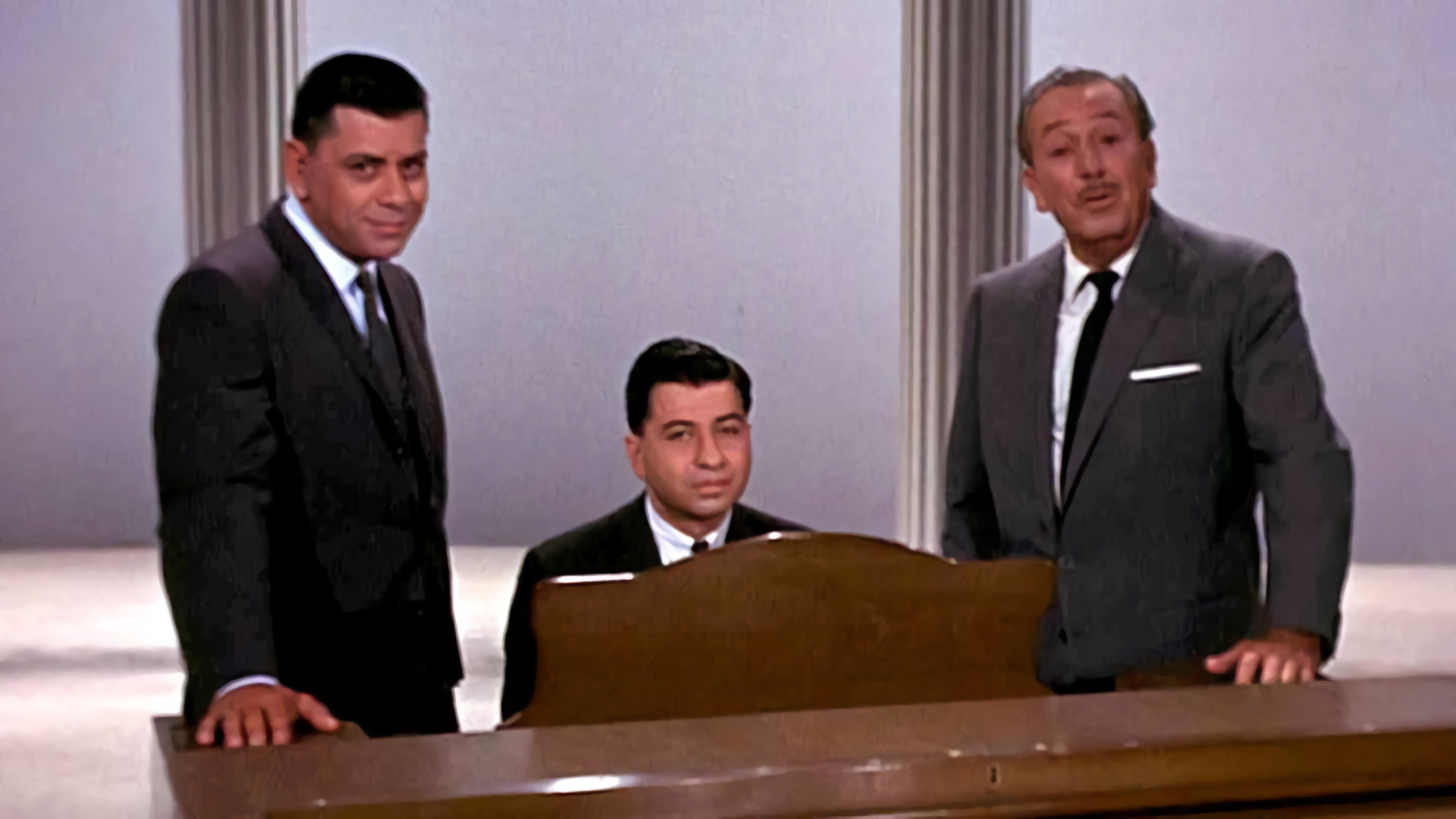

We Need To Talk About the Racial Attitudes of the Sherman Brothers
By Jim Shill
TRIGGER WARNING: Discussion of racial/sexual issues.
TIGGER
WARNING: Graphic depiction of bouncing.
When the New York Times, which is supposedly the paper of record (yeah, a broken record), published an idiotic, insipid, and fatuous article that accused Walt’s Crowning Achievement™ of “flirting with blackface,” I wanted to hit the roof. How dare this stupid, pretentious, and uppity nobody, whom I had never heard of until reading that article, accuse the greatest movie of all-time and one of the only two good things the Sherman Brothers ever did, the other being the title song for a ride made by Walt for the New York World's fair, of racism. As someone who is racially nonbinary and sometimes identifies as Chinese, especially after I consume mass quantities of Chinese food, I am offended by referring to transracial people with the transphobic, cisracist slur “Blackface.” It was transphobic and cisracist when Nell Carter, who transitioned from Christianity to Judaism in real life, used it on Gimme A Break! it in 1984 when Joey came out of the closet as transBlack with his tribute to transBlack entertainer Al Jolson, and it’s even more transphobic and cisracist now. The author is the one equating Black skin with dirt while operating under a harmful assumption about transracialism. But if that’s the game you want to play, then why stop with that one movie that deserves it least of all out of anything Walt Disney ever did? Why not examine the racial attitudes of the rest of the careers of Richard B. Sherman and Robert M. Sherman?
The article also mentions Winnie the Pooh. Now, I love Pooh as much as anyone else, but I have to admit that the whole idea of him pretending to be Black so he can steal honey from honeybees doesn’t really sit well with me these days. Despite his stunning bravery in coming out as transBlack, it equates both being Black and being trans with being a thief, so it’s both racist and transphobic. It’s at least as racist as the Golden Girls episode Hulu pulled for something similar. And the name of Tigger is racist because it rhymes with a derogatory term for Black people. Instead, since "Tegro" would be similarly outdated and "Tlack" would be too hard to pronounce, he should be called Tafrican-American. Except the Hundred Acre Wood is technically in England. See, no one said this would be easy. Compounding this is the fact that Sterling Holloway, the original voice of Pooh, was white and from the South and grew up under Jim Crow (not to be confused with the Dumbo character voiced by Cliff Edwards). And it's all in the context of a featurette that basically amounts to a 25-minute fat joke.
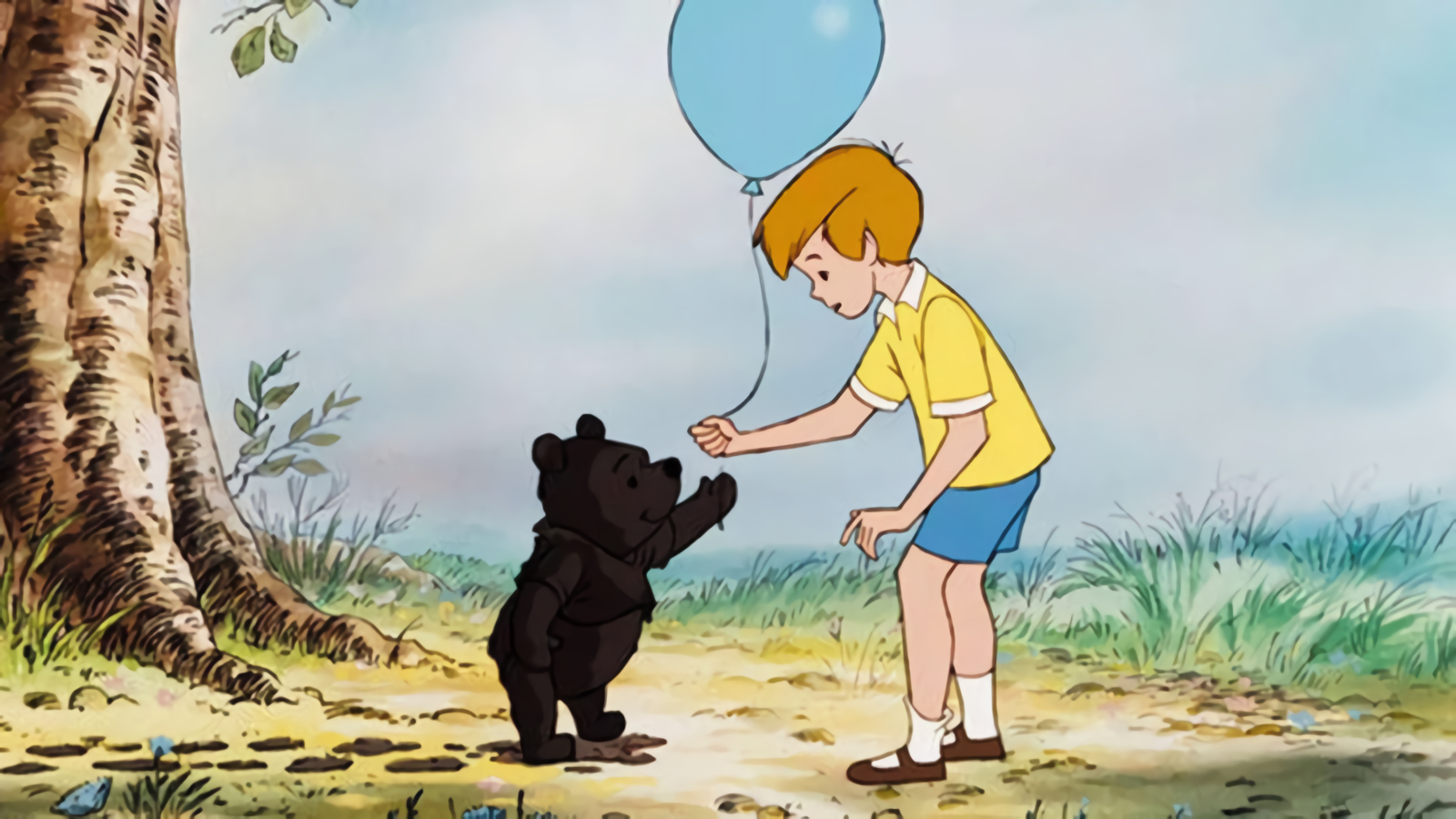
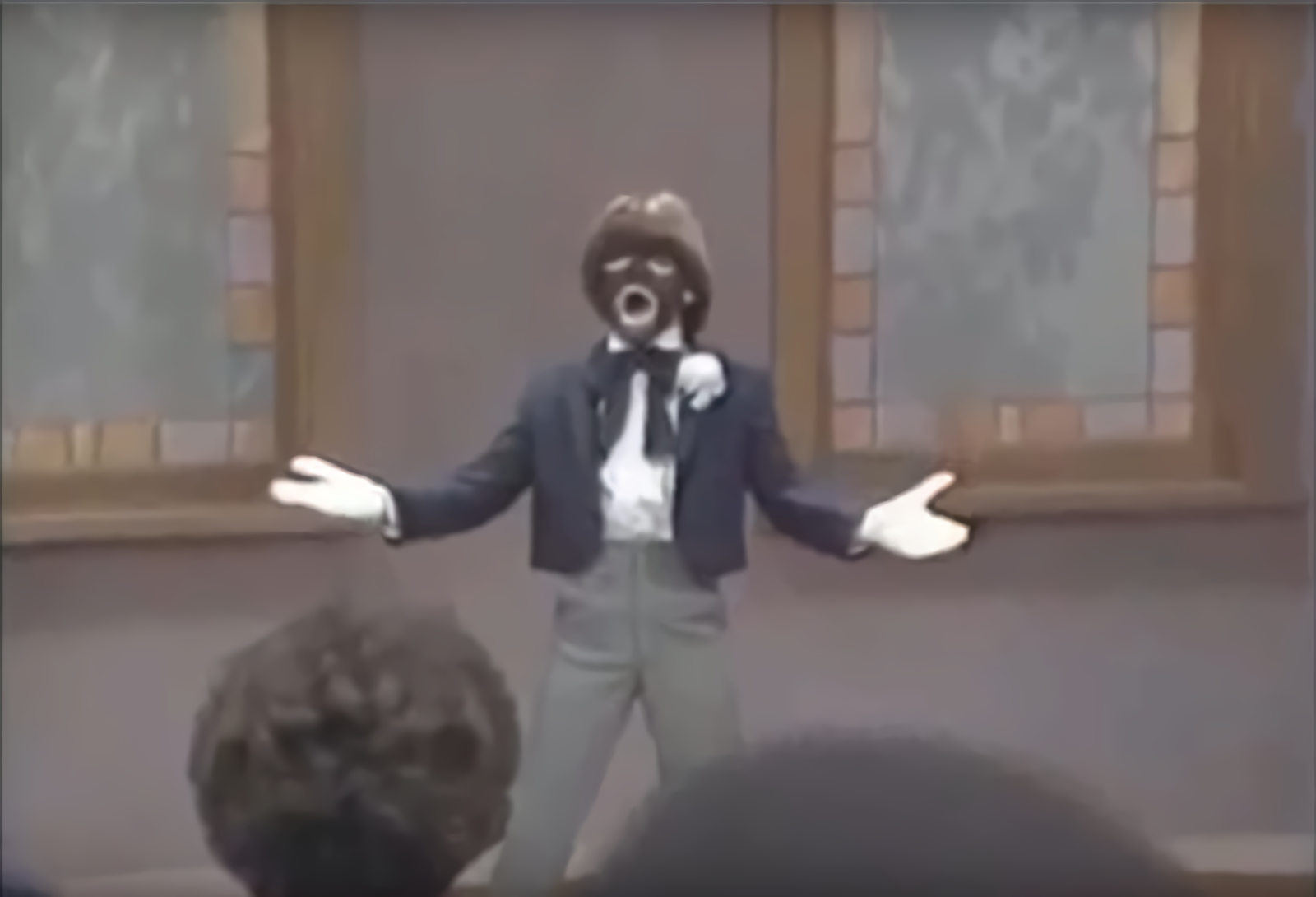

During their career at Disney, they made live-action musicals without animation at all, too, but since Julie Andrews wasn’t in them, nobody cared. 1963’s Summer Magic, 1967’s The Happiest Millionaire, and 1968’s The One and Only Genuine Original Family Band barely grossed $10 million between the three of them! None of them could be accused of “flirting with Blackface” because none of them even acknowledge the existence of Black people. What makes this peculiar is the way Summer Magic opens: “Place: Boston; Time: Rag.” Ragtime music was invented by Scott Joplin, a Black man of color. Everybody in that movie was white. This constitutes cultural appropriation. And that's before you get into the film’s muddled politics regarding boys’ hair length or the song “Femininity,” not to mention the abhorrent lookism of “The Ugly Bug Ball.”
Loosely based on a true story, The Happiest Millionaire was a big, long musical set in Philadelphia of the 1910s where an Irish butler named John Lawless (Tommy Steele) sings about how lucky he is to work for a rich white man who keeps dangerous alligators as pets while advocating for the US to enter what we now call World War I. Despite being Irish, he also makes fun of the way Tibetan people talk. During the song “I’ll Always Be Irish,” he sings: “Wiki-tiki wonton oo yang a wiki tiki.” That’s about as authentic as “What Makes the Red Man Red,” and Steele overall comes off like a white Uncle Remus. The only person in the movie who isn’t white is an Indian guest at a very upscale party who gets cut out of a newspaper photo. What a coincidence: 1967 audiences were much more interested in The Jungle Book if for no other reason than it was less than half the original running time of this film. Mowgli may have been drawn as an Indian, but his voice actor, Bruce Reitherman, son of director Wolfgang Reitherman of the Nine Old Men, all of whom by now were almost as old as dirt, was white. The voice of the girl who sings “My Own Home,” which assumes all little girls are going to grow up to be heterosexual, is Darlene Carr, sister of The Sound of Music’s Charmian Carr. Both of them were white, like that other Darlene of Disney fame, Original Mouseketeer (and convicted felon) Darlene Gillespie. The Jungle Book also sends troubling ideas about trans people by having Baloo pretend to be both female and an ape, so they are not just making fun of the transgender, but the transracial and the transspecies as well. Since I am also an old Chinese woman, a cat, a mouse, and a piece of cheese, I consider that problematic. Sorry, guys.
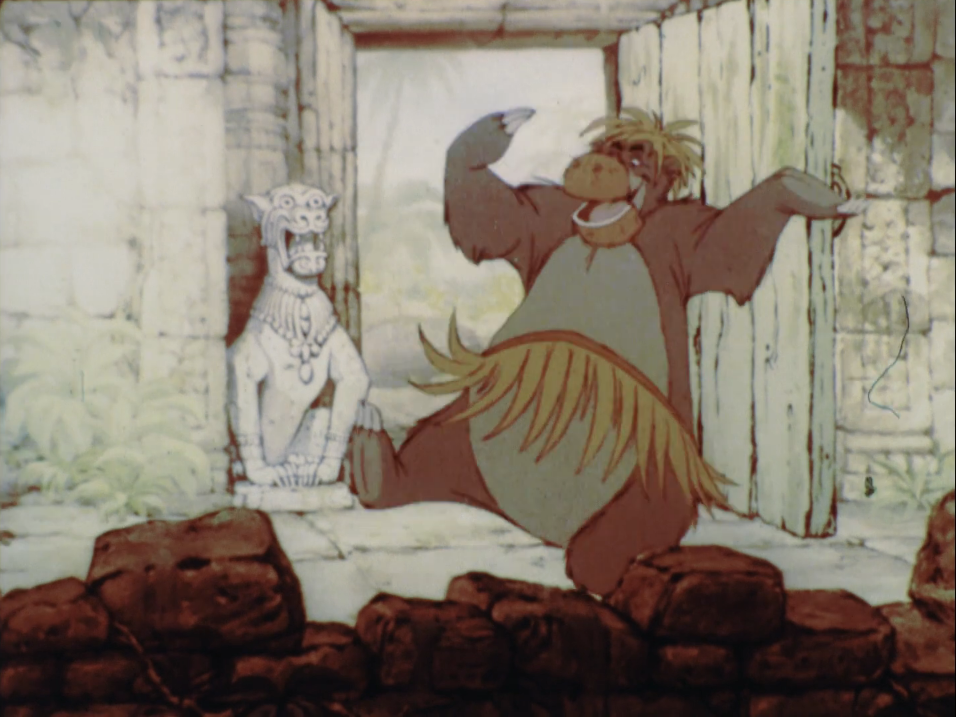
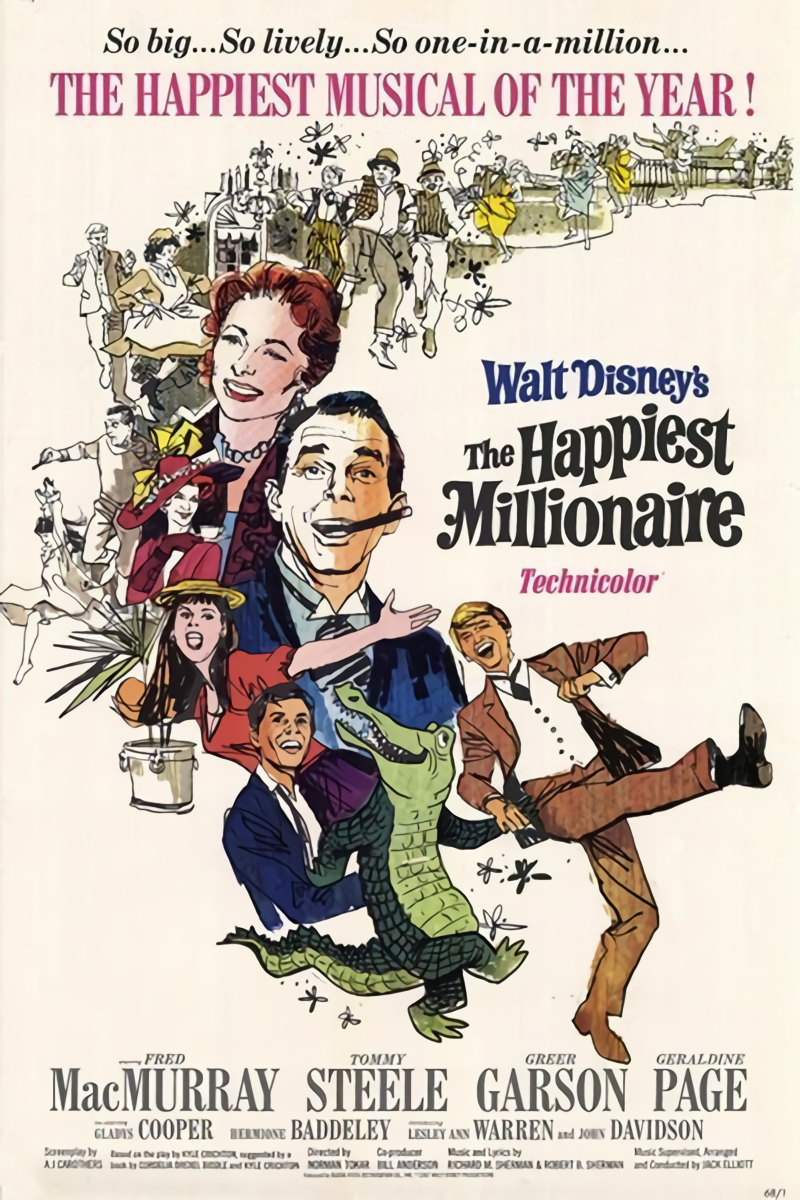
In spite of this, Diana Ross and the Supremes covered a song from the film, “It Won’t Be Long ‘Till Christmas” that didn’t actually appear in the film until the 1980s when The Disney Channel restored it and other after-the-fact cuts that did nothing to turn the film's lackluster box-office performance around. Except in the movie, we were treated to the vocal stylings of Academy Award-winning actress Greer Garson (Mrs. Miniver). Likewise, the cover version, planned for an album of Disney songs, didn’t resurface until the 1980s. The irony of The Jungle Book outgrossing The Happiest Millionaire is that the former film’s most popular song, “The Bare Necessities,” was actually written by Terry Gilkyson. It was that song that received an Oscar nomination but inexplicably lost to Leslie Bricusse’s “Talk to the Animals” from the Richard Fleischer-directed 20th Century-Fox 70mm stereophonic flop-o-rama Doctor Dolittle. That movie, for all its faults, actually had Black people in it, proving that alone is not enough to save a film. The Sherman brothers’ first animated feature, 1963’s The Sword in the Stone, has them writing all the songs. It flopped, even in an era where fascination with all things English was on the upswing. Merlin spends the last act of the film in Bermuda only to come back at the end disillusioned with the idea that the future will be better than the past, saying “believe me, they can have it!” At the last census in 2016, Bermuda was 52% Black.
Also inspired by things that actually happened, except that they happened differently from how they happened in the movie, The One and Only Genuine Original Family Band casts Walter Brennan as an ex-Confederate soldier caught in the middle of his granddaughter’s love for a political opponent in the election of 1888. Meanwhile, his family band has written a song for his preferred candidate. Did I mention all the white people in this movie? They move to the Dakota territories where there is a debate about whether they should be one state or two. What’s racist about that, you might ask? Well, let’s look at the modern-day demographics of the two-state solution we actually got: in 2010, North Dakota was 90% white, 5.4% Native American, 1.2% Black, 1.0% Asian, 1.8% biracial, 0.1% Pacific Islander, and 0.5% other. In the same year, South Dakota was 84.7% white, 8.8% Native American, 1.2% Black, 0.9% Asian, 1.8% biracial, and 0.1% other. While John Davidson boldly belts out, “Dakota, Dakota, where there’s land for all,” the indigenous population who was there first is nowhere to be found in the movie.
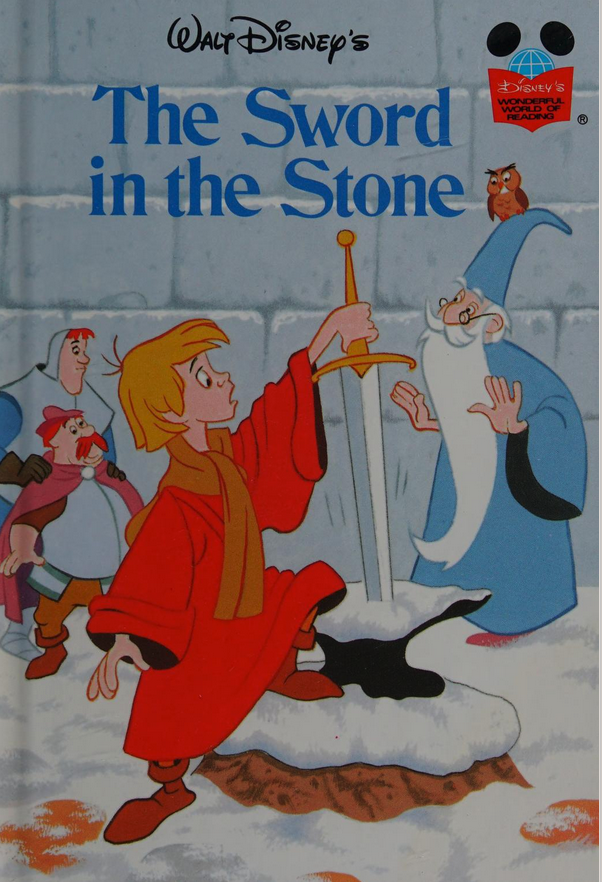
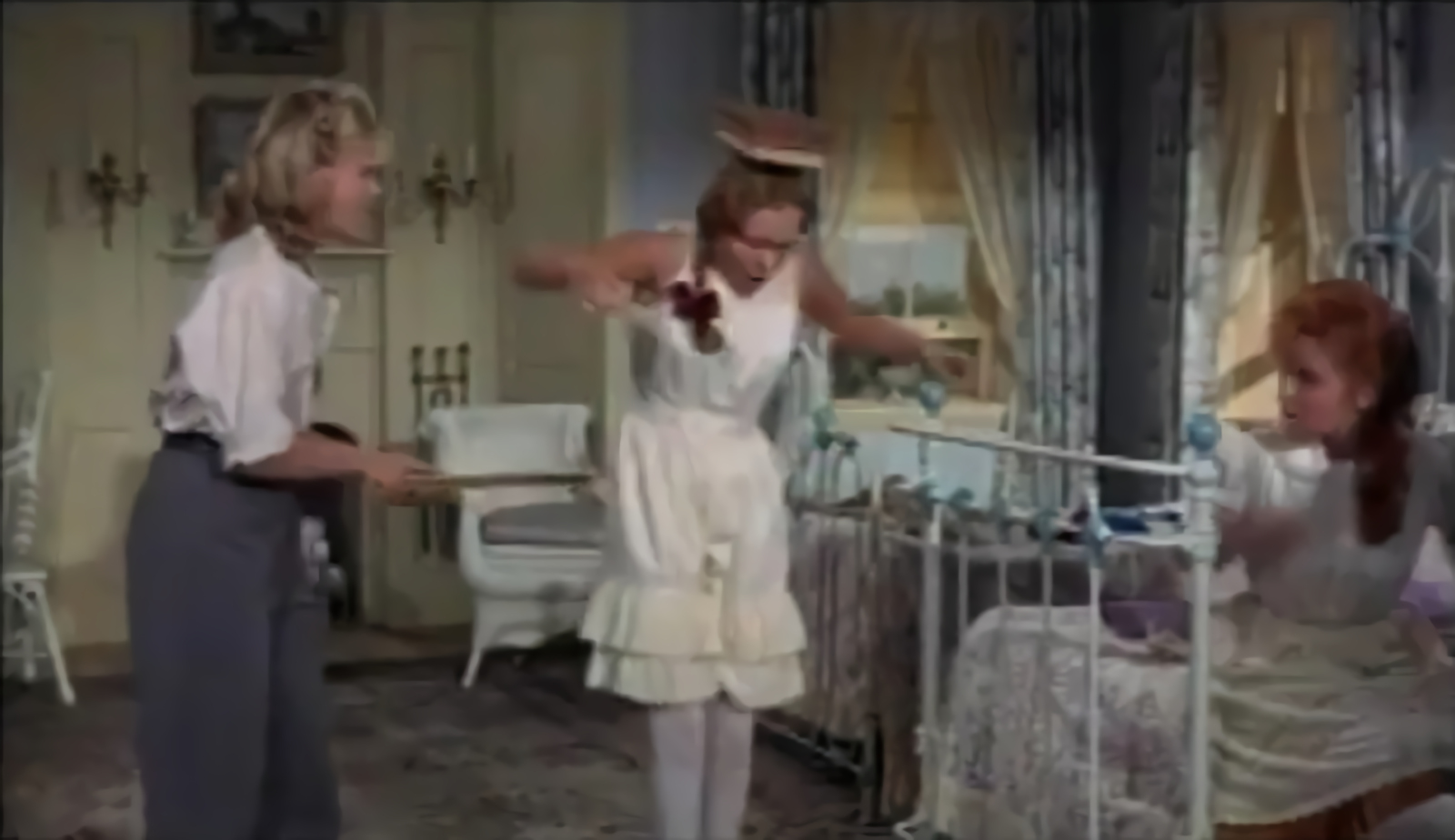
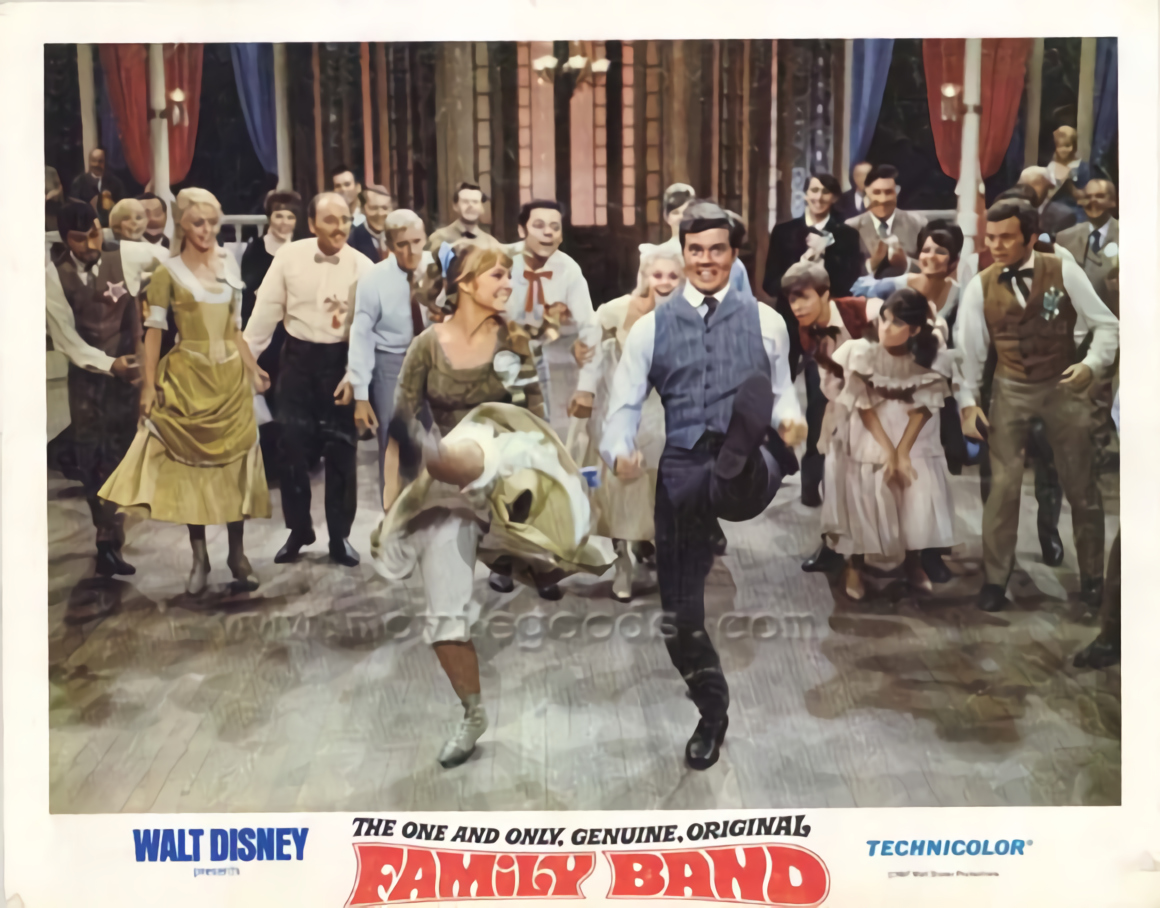
Fantasy worlds and Disney girls: Merlin coaches Arthur who just can't wait to be king in 1963's The Sword in the Stone. The same year, Hayley Mills and Deborah Walley taught a girl about "Femininity" in Summer Magic while John Davidson kicked his heels west o' the wide Missouri up as Goldie Hawn watches in The One and Only Genuine Original Family Band five years later. None of them set the box office on fire.
The same year as that movie, the Shermans made their first film for another studio: Chitty Chitty Bang Bang, a United Artists film (and thus now owned by MGM which is now owned by Amazon) whose cast is as white as the sugar in Caractacus Potts’ Toot Sweets. One of the actors, Gert Frobe, who plays the film’s primary villain, Baron von Bomburst, was actually a member of the Nazi party in real life. This almost got his even more famous role as a James Bond villain in Goldfinger banned in Israel until it was later revealed he helped a Jewish family escape the Nazis. Still, co-screenwriter Roald Dahl, who fought in WWII for the Allies, was still not particularly happy about working with Jewish songwriters and made his opinion known as soon as he met Robert Sherman. Meanwhile, the casting of Robert Helpmann as the Child Catcher, an attempted metaphor for the Nazi Holocaust, comes dangerously close to being a “gay villain” stereotype.
Thanks
to the questionable casting of Paul Winchell (also the voice of the
aforementioned Tigger) as China Cat, whom I sometimes identify as
thereby, The Aristocats is now a film that you can only see on
Disney+ if you are at least seven years old. It’s difficult to determine
which of the two Paul Winchell-voiced felines is more outdated in its
racial attitudes: Tigger for rhyming
with a racial slur, or China Cat for being an instance of
yellowthroat. Either that or Paul Winchell was actually Chinese which
makes every other role he played whitethroat. Except that this time,
the Shermans did not write "Ev'rybody
Wants to be a Cat," but Floyd Huddleston and Al Rinker,
father of Three's Company theme song vocalist Julie Rinker,
did.
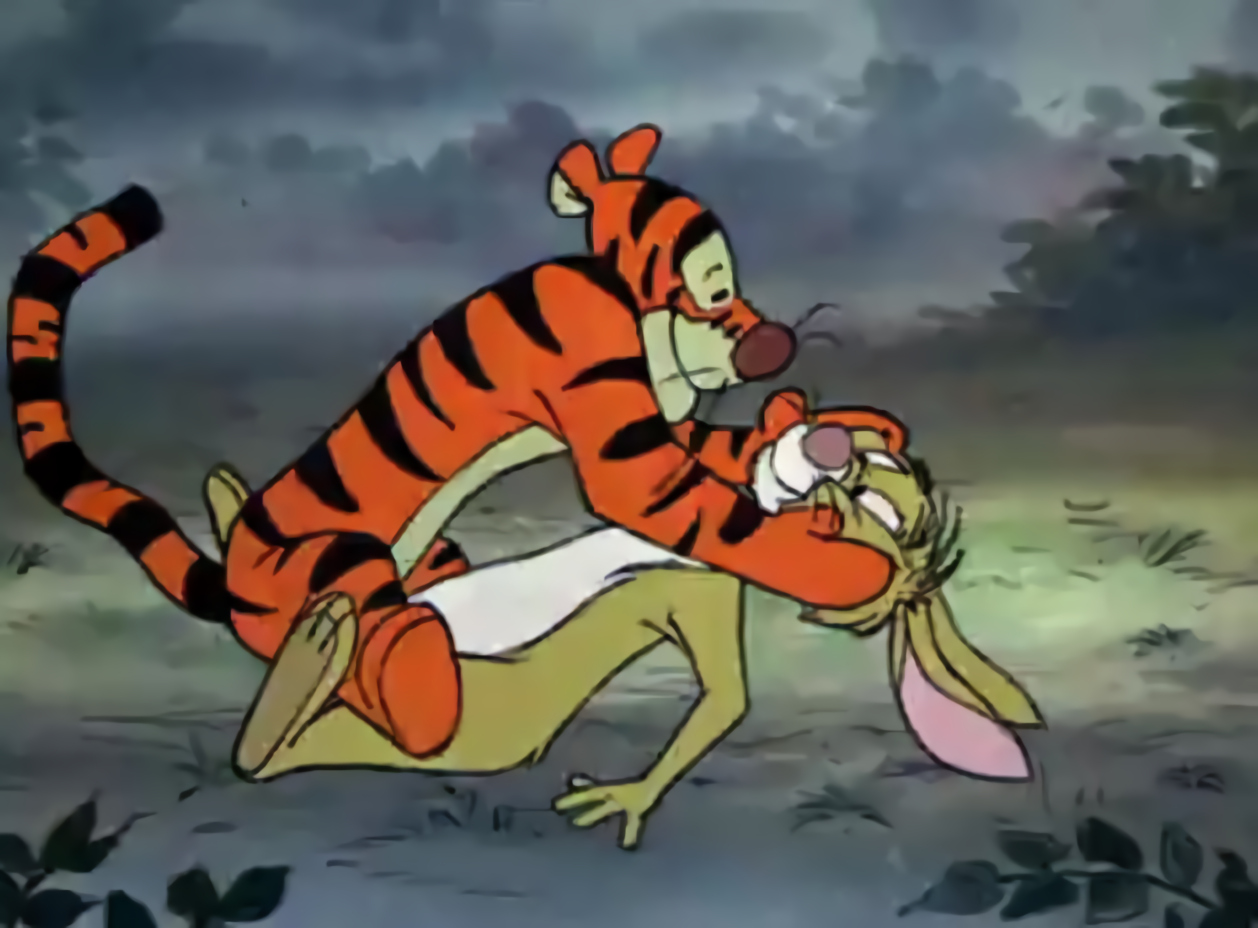
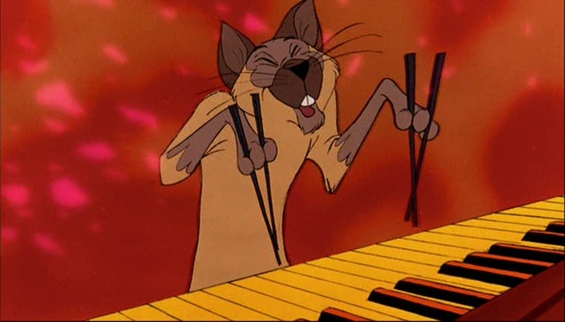
But what about Bedknobs and Broomsticks? Surely you don’t think I’m going to disregard all the Black and Indian (from India) dancers on Portobello Road? Why not? The movie did by cutting the number up … again! In doing so and also cutting Angela Lansbury’s introductory dance to “A Step in the Right Direction,” they cut the work of another Black man: the film’s late choreographer, Donald McKayle. In cutting the film, they essentially screwed him out of a film career. All his works after this that were not for the stage were on TV, such as Free to Be You and Me and episodes of Good Times and The Cosby Show. This is not the Shermans’ fault. They tried to stop the cutting of the film but were powerless to do so, and the temporary reversal of those cuts has itself been reversed. But did you know they went for even more cuts in 1979 when they reissued a film intended to be 139 minutes (or thereabouts) that had already been cut to 117 minutes down to a measly 97 minutes? Or that this is how long the film was in Europe and Australia on home video for years as well as its 1987 US network TV premiere on The Disney Sunday Movie? None of this is the Shermans’ fault, of course, but what is their fault is that the film essentially treats the Germans the way the Germans treated those they disliked. The Nazis are a collective unit who never smile, sing, or do anything other than plan invasions and thump their chests about it. The only reason the head Nazi, Col. Heller (John Ericson), has a name is because it’s in the cast list at the end of the film. Most Disney films of that era put the characters’ names at the beginning. They are also referred to as “Jerries” a lot. As a result of this, the German office of Disney cut the Nazis from the film altogether. And let’s not forget that Roddy McDowall plays one of the villains here as the smarmy Rev. Jelk. In casting him, they managed to demonize both gays and Christians. It’s almost enough to make you believe Walt was a Nazi and the Nazis were intended as the good guys all along!
The Shermans also wrote songs for non-musical movies and for rock records as well. You remember that Annette Funicello song “Tall Paul”? Well, not only did they write it — fellow Mouseketeer Judy Harriet, who was Jewish, recorded it first — but they wrote all the songs to the original 1961 Parent Trap as well, a movie that celebrates rock ’n’ roll without so much as a glimpse of the Black people who made it possible. But you do get to see the guy who co-wrote The Brady Bunch theme, Frank DeVol, get fruit punch in the face. Likewise, 1967’s The Gnome-Mobile, for which they wrote the title song, tries to send a message about good stewardship of the earth but does so with three-time Oscar Winner Walter Brennan, who was believed to have danced a jig after the assassination of Martin Luther King. Talk about eco-fascism! The film also mentions Walt’s Crowning Achievement™ by name in the credits of the two young child actors in it to remind you both that they were in Walt’s Crowning Achievement™ and that it is Walt’s Crowning Achievement™.
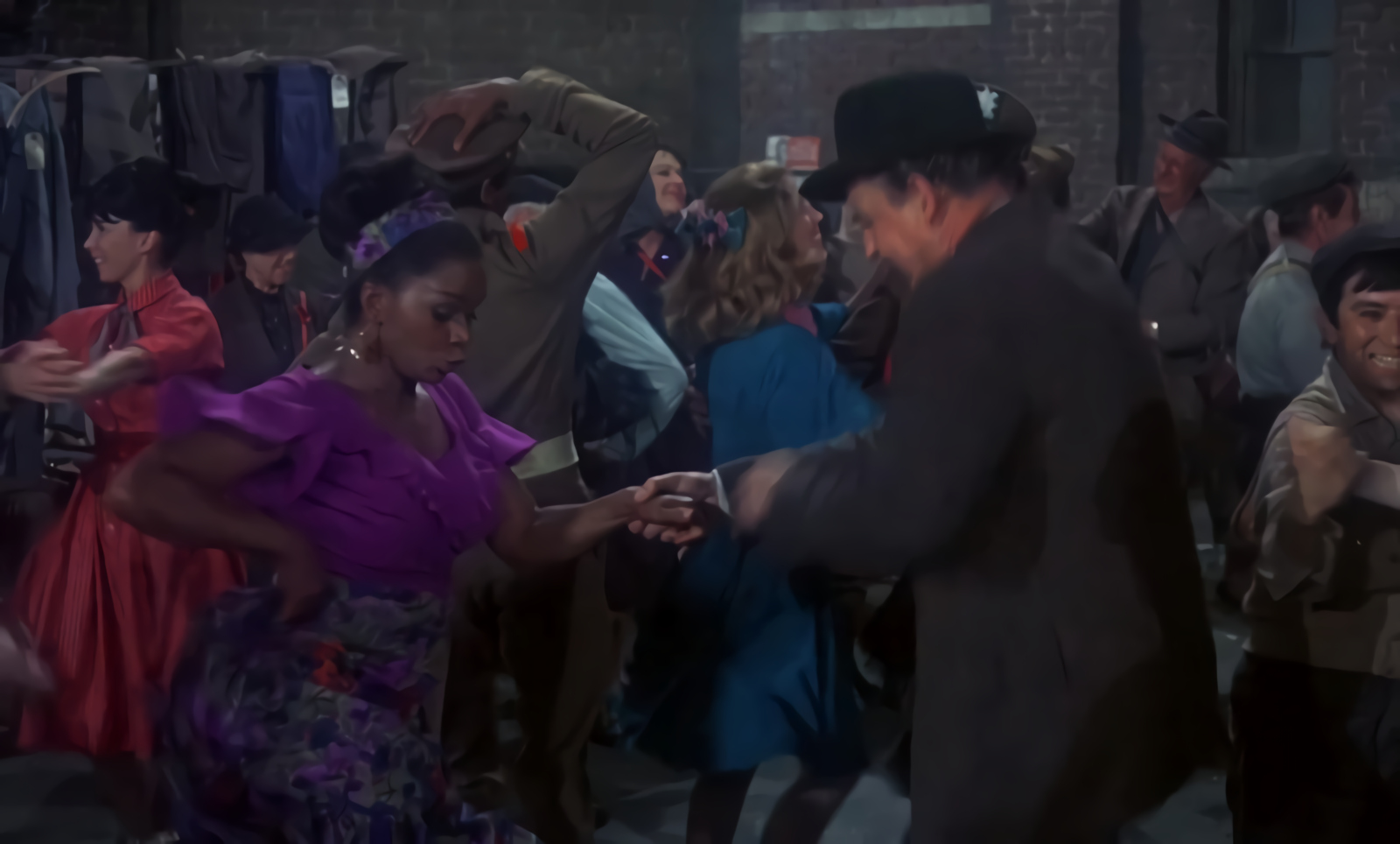
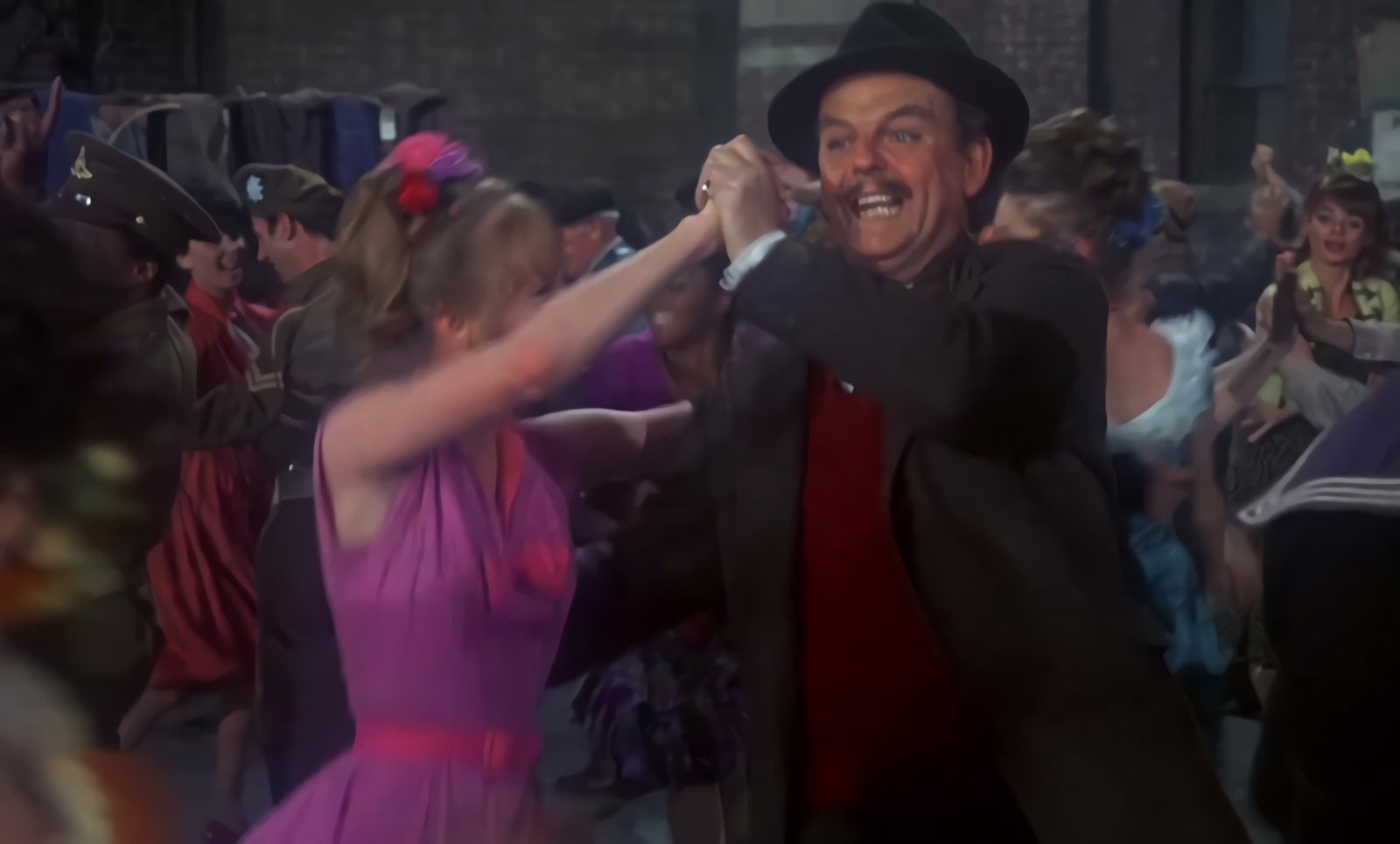


Do it with a flair: Mr. Browne (David Tomlinson) dances with Black and white women on Portobello Road in Bedknobs and Broomsticks, while the Enchanted Tiki Room changed in the 1990s to include more contemporary Disney birds such as Zasu and Iago.
They
wrote songs for theme park rides, too, each one more casually
insensitive than the last. Remember “There’s
A Great Big Beautiful Tomorrow”? Well, this Great Big Beautiful
Tomorrow doesn’t seem to have a lot of Black, Brown, Yellow, or Red
faces in it. And saying “man has a dream, and that’s the start” would be
sexist if biological sex were actually real. And don't get me started on
the Tiki Room. You thought the theming of Splash Mountain was
problematic? This makes that look like a history lecture. That's why in
the 1990s, the "Under New Management" version was necessary to keep it
alive at all.
In
the early 1970s, after rock music had rightly put these awful, bloated
musical spectacles to rest after their failure to equal Walt’s Crowning
Achievement™ in any way, the Sherman Brothers left Disney to make movies
for other studios. They made Snoopy Come Home, the first Peanuts
movie with Franklin in it, but gave him very little to do. Its
distributor, Cinema Center Films, a division of CBS, went out of
business shortly thereafter, leaving Paramount Pictures with the next
two non-musical Peanuts films. Then, they made Charlotte’s Web,
more down-home Americana that shows why pork is called The Other White
Meat, for Hanna-Barbera, the producers of The Harlem Globetrotters
on Saturday morning. Despite
one of them having Charley
Pride sing its theme song and the other having Roberta
Flack sing its, the two Mark Twain films from United
Artists, 1973’s Tom Sawyer and 1974’s Huckleberry Finn,
have been accused of whitewashing the source material in skimming the
surface of the injustice of slavery. The original book The
Adventures of Huckleberry Finn used the N-word. The movie doesn’t.
Another Harvey Korman movie from 1974, the R-rated Blazing Saddles,
had it instead. But back in Mark Twain country, Paul Winfield played Jim
whom Huck Finn (Jeff East) helps escape from slavery on a raft. He also
appears in blueface. Does this mean he's actually a Smurf? Or a genie,
like Robin Williams and Will Smith in Aladdin?
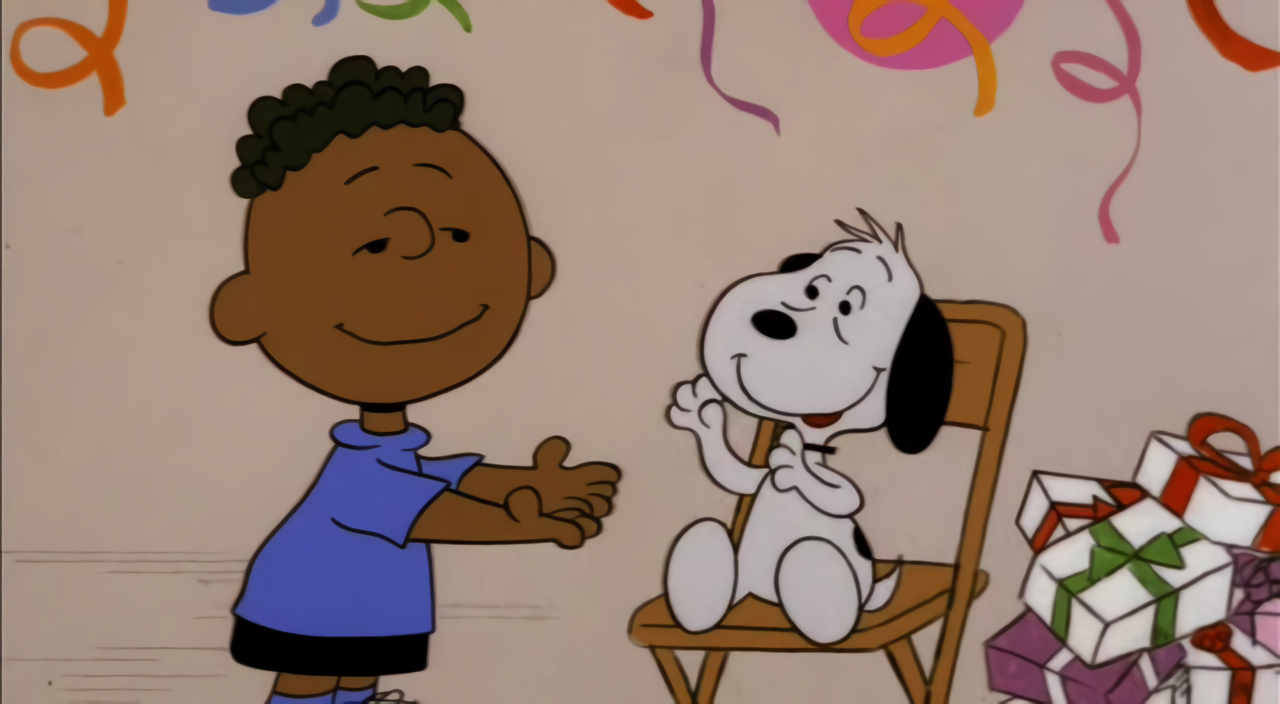
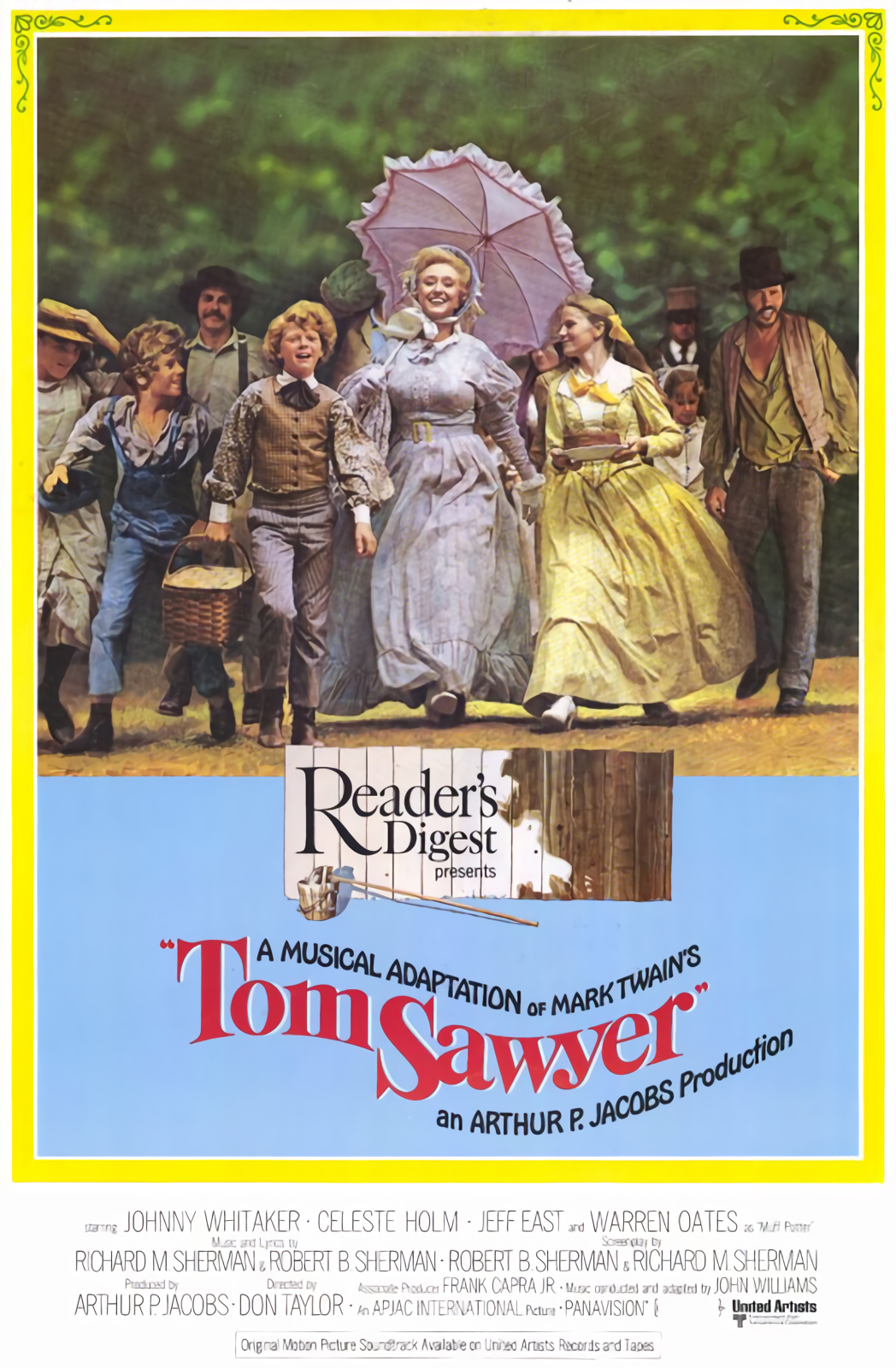
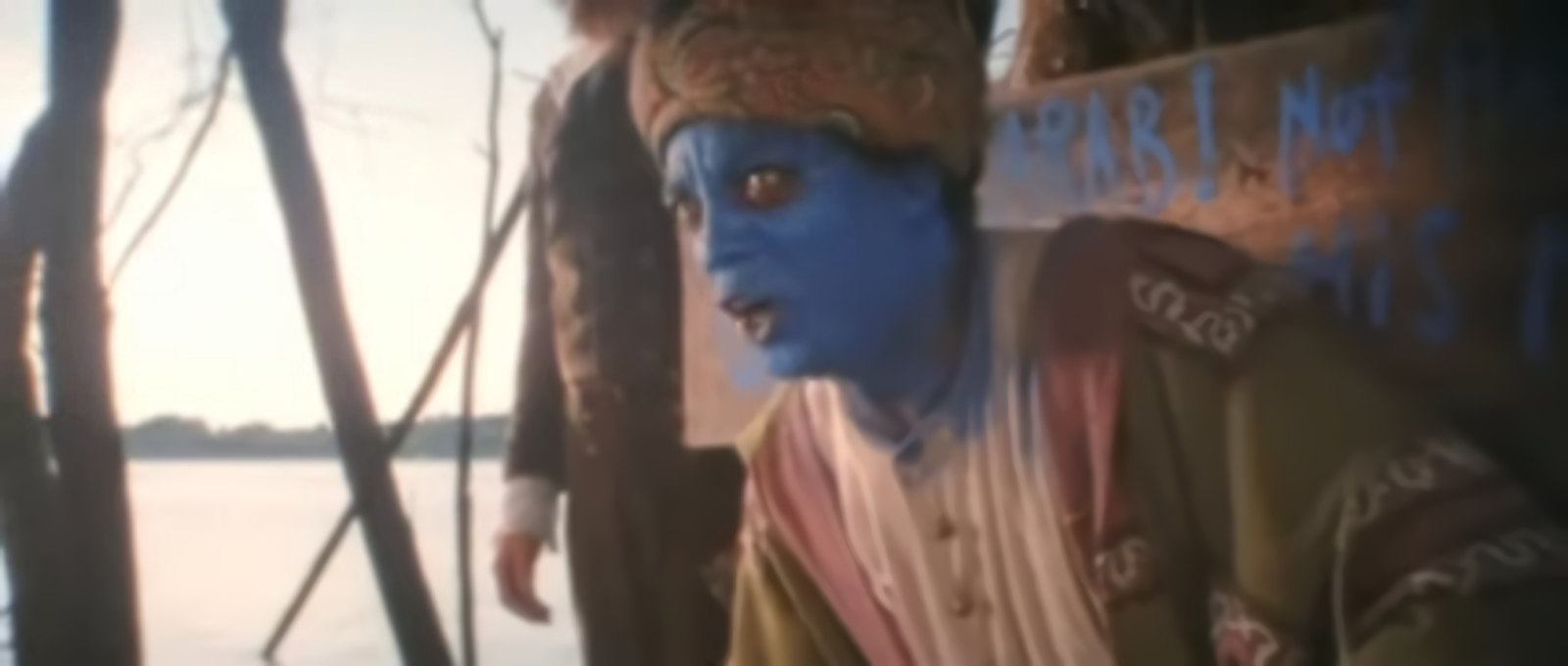
Am
I blue: The racial politics of Snoopy Come Home (1972), Tom
Sawyer (1973), and Huckleberry Finn (1974) are all over
the place
The only time the Sherman Brothers dealt directly with racism as experienced by Blacks was in their 1974 stage musical Over Here!, which co-starred the late Samuel E. Wright, whose career gained a second wind when Disney cast him as the voice of Sebastian the Crab in The Little Mermaid. In this show, the song “Don’t Shoot the Hooey To Me Louie” establishes his character’s position. A catchy song, but an obvious product of two times not our own: the 1970s and the 1940s. As I said earlier, race is a choice, as I sometimes identify as Chinese despite being assigned white at birth, and being assigned Black at birth does not exempt you from racism.
The Slipper and the Rose and The Magic of Lassie were two independent productions. One was made in England and set in a mythical European kingdom called Apollonia, and the other was set and shot in Northern California. One starred Richard Chamberlain and Gemma Craven as Prince Charming and Cinderella, which makes it an act of straightface on Mr. Chamberlain’s part. As someone who is a heterosexual male when I am not identifying as a Chinese woman, a cat, a mouse, and many different types of cheese whether raw or pasteurized, I am offended. The other had Jimmy Stewart running a winery threatened by an evil developer played Pernell Roberts, making this the inevitable end result of the movie career he left Bonanza for. Both of them are filled to the brim with white people. In fact, the latter film has songs by both Pat and Debby Boone! The former had a transsexual, Angela Morley, arrange the score. Morley was up for an Oscar against Irwin Kostal for his orchestrations of Al Kasha and Joel Hirschhorn’s Pete’s Dragon’s song score, but they both lost to Jonathan Tunick for his arrangements of Stephen Sondheim’s songs from A Little Night Music, itself a critical and commercial failure despite having been a hit on Broadway. The latter actually had the same director of Pete’s Dragon, Don Chaffey, reuniting him with Japanese actor and Rainier Beer spokesman Mickey Rooney (who is actually in whiteface in every movie he made other than Breakfast at Tiffany’s, including both of these) as a truck driver.
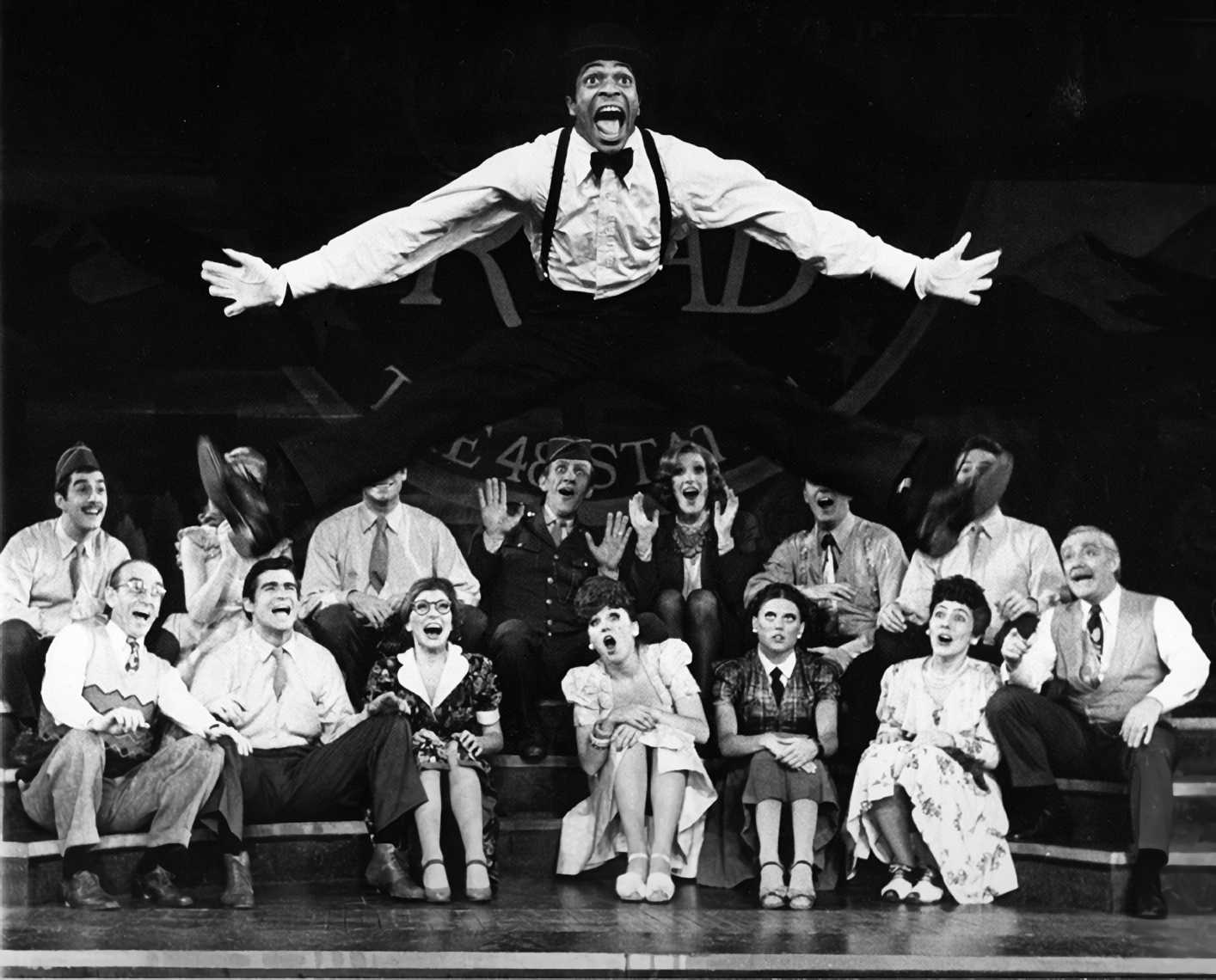
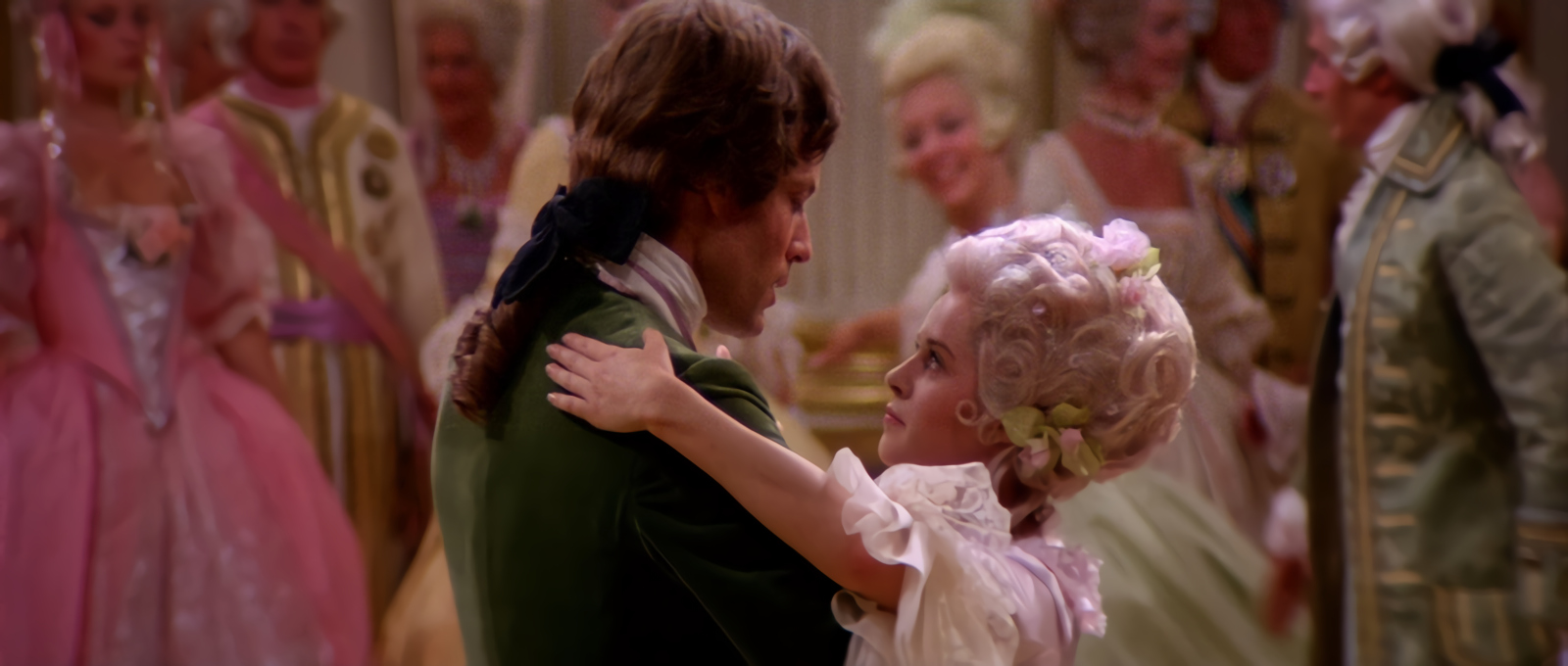
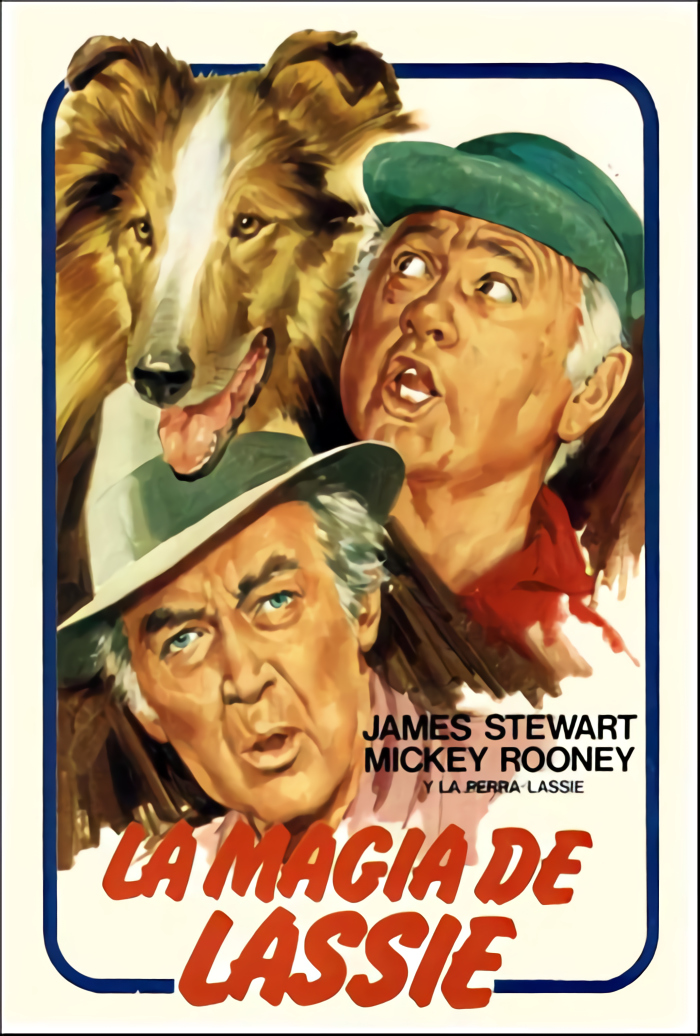
Another stage musical by the Sherman Brothers, Levi!, dealt with the life of Levi Strauss, the European Jewish inventor of Levi’s Jeans. Unfortunately, it was never seen or recorded until the late 2010s when Bruce Kimmel, director of The First Nudie Musical (I doubt the second one is ever coming), gave it a production at LA City College. Part of the show deals with the prejudices Jewish and Asian immigrants faced in the late 1800s. However, the show still feels like a product of the 1970s and comes off condescending and sanctimonious at times. That was the style then. Have you actually gone back and watched some of the TV shows of this era? Preachy, preachy, preachy! Perhaps it might have made a difference had it actually opened in the 1970s. Now, in the wake of #StopAsianHate, it feels like too little, too late, especially since the show favors cisAsians over transAsians such as myself whenever I identify as Grandma Fa, whose singing double, the late Marni Nixon, was also in Walt’s Crowning Achievement™ as well as dubbing Audrey Hepburn in My Fair Lady and appearing with Julie Andrews in the Disney-by-acquisition The Sound of Music. But thanks for trying.
The
Sherman brothers’ post-1964 career is fraught with disappointment.
Though the 1980s, as the home video extended the influence of Walt's
Crowning Achievement™ by outselling not only everything else the Sherman
brothers ever wrote, but every movie ever released on video up to that
point except the X-rated Deep Throat, the Shermans still
couldn't live up to its legacy with the few works they created during
this period. The best they could do was a
Cabbage Patch Kids record. Their pre-1964 career is, too, but for
different reasons. Never able to duplicate the success of Walt’s
Crowning Achievement™, they have tried to compensate with preachy
bromides that just come off as being casually insensitive. The New York
Times attacked their best work because, quite frankly, it’s their only
work that is any good, other than a certain theme park ride that opened
the same year. I needed to use Google to help me remember the name to
any of their songs that weren’t from Walt’s Crowning Achievement™ or the
ride he made for the New York Worlds’ Fair. It was a waste of time
because frankly, they’re not worth remembering anyway. I would say that
article was just projecting the flaws of everything else the Sherman
Brothers did onto Walt’s Crowning Achievement™, but that would assume
the author actually bothered to watch any of them outside of The
Many Adventures of Winnie the Pooh, whose characters have had
other songwriters write for them. Why should she have? Since they're not
Walt's Crowning Achievement™, then they have no artistic merit
whatsoever. In fact, I hate to say it, but the Sherman brothers' failure
to create anything of lasting value before or after Walt's Crowning
Achievement™ and the theme park ride created the same year is part of
the reason the Disney Renaissance was necessary in the first place … and
why the Shermans themselves had little to do with it except interview
after interview until the year 2000 when they wrote songs for The
Tigger Movie, a film where Tigger's friends pretend to be
tiggers, and he gets offended by it. That's speciesism. TransTiggers are
tiggers, and why wouldn't you want to increase the population of tiggers
when this species has been driven to virtual extinction? If you think
his outrage at his friends wanting to join a species that's bouncy,
trouncy, flouncy, pouncy, fun fun fun fun fun is justified, then
all I can say to you is, "Tigger, please!"
